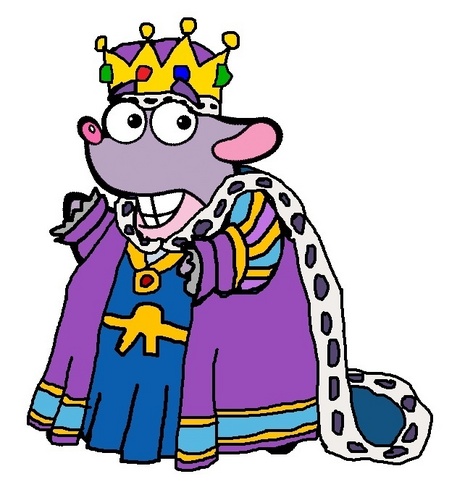

SE MONTO EN LA CARRETA– The translation to the popular saying in English “on the wagon”.Really it refers to having an ex and current girlfriend/boyfriend/wife/ husband in the same place at the same time. Literally translated it means “The cattle got mixed up”. SE REVOLVIO EL GANADO– There are so many funny things about this saying.TENGA PAZ- I say this to my children a lot….A CACHETE-I used to think this was only something said on the caribbean coast of Costa Rica, but it’s used everywhere.QUE ME DICE?– What’s up? What’s going on….QUE RAJADO– This is another great saying which means “HOW INCREDIBLE”.Often times this saying is followed by my other favorite word MAE. QUE TUANIS/QUE CHIVA-Another very Tico saying….Think a guy in a bar with a bunch of attractive women around him and his friend says “Cuidado pierde!” CUIDADO PIERDE-Means “you can’t lose” or “You can’t go wrong”.ESTA CAMOTE? Which doesn’t mean ‘sweet potato as literally translated but rather, “Are you mad?” I have this asked to me sometimes.To a point where sometimes the use of “MAE” gets exhausting to hear! QUE MAE/QUE MOP– What’s up dude? Mae and Mop can be used pretty much interchangeably and you will hear this word all the time although mae is more commonly said! I swear that all my male cousins use the word MAE all the time…. Tico (not comparable) (slang) Costa Rican October 1946, National Geographic The musical intonation and liberal use of diminutives make Tico Spanish.So when you hear someone say “Hola Como esta?”, You can answer back “Pura vida!!” The most common meanings are “I’m good”, “It’s alright”, “Life is good”, “It’s all good”. I could write an entire article about the meaning of Pura Vida.
#Tico in english manual
PURA VIDA! If you have ever been to Costa Rica, you have heard this phrase. we introduce Simple TICO-19, a new language resource containing manual simplifications of the English and Spanish portions of the TICO-19 corpus for.This funny expression means awesome!, great! or how cool! If you want a tip to remember it, just keep in mind that chiva literally means goat - So, it would be "How goat!". But the truth is that this warm nickname might be used by adults too. Kids from Costa Rica call their fathers tata. But be aware that too much guaro will bring you a goma! - a hangover. It can be also a wide term meaning just alcohol drinks. If you learn the term guaro, you will also need to know the meaning of goma! Guaro refers to alcohol beverages made from sugar cane, like rum. On evenings or during the weekend you will probably see friends playing a mejenga. "You should meet John, he’s tuanis.", could be a good example. No matter if you are talking about a person, a place or an activity, tuanis is the Costa Rican for awesome, cool or nice. Also, diay could stand for What do you mean? or What happened? Sometimes you will hear the term as a linguistic filler, if they take a pause when talking.įor example, "Do you think you will you meet her again? Diay, I don’t know." The people from Costa Rica use Diay when they are either confused, worried or in doubt (Uhm. Ticos play with the term among friends, but when used with someone you don’t know it could be offensive. Among men, it is also slightly pejorative. It can also refer to a woman, but that’s not so usual and it may have a pejorative meaning. For instance, "I met that mae some days ago". Meaning guy or dude, it is widely used among friends, but it can also simply mean man. Walking down the street you will probably hear mae many times if you come across a group of young people. For example "Shall we go to the beach today? I cannot come, I have too much brete." Or, "I am looking for a brete near my home." It means work, indeed, but they could also use it as a synonym of job or workplace. If a tico is talking about work, you will definitely hear the word brete. It could describe a wonderful beach where to practice surf or a great restaurant for eating gallo pinto. It is a term used to express that something is great. One would be "Mas tico que el gallo pinto", which means "More Costa Rican than rice and beans" (a delicious local recipe you will love). There are some nice expressions that show how popular the word Tico is. This is a nice example of how ticos love diminutives and they tend to create them by adding -tico as a suffix. Tico is the short form for Costa Rican - a man. For example, if you say "Goodbye, Lucas", the response might be "Pura vida!" Or iv you say "Hi, my name is Ana" the response might also be "Pura vida, I am Lola".

Pura vida could stand for nice to meet you, thank you, see you later, you are welcome, as well as great! For instance, you may hear Pura vida as a reply to your kind goodbye. It simply means "Pure life", but you will see that locals use it in many ways.


 0 kommentar(er)
0 kommentar(er)
